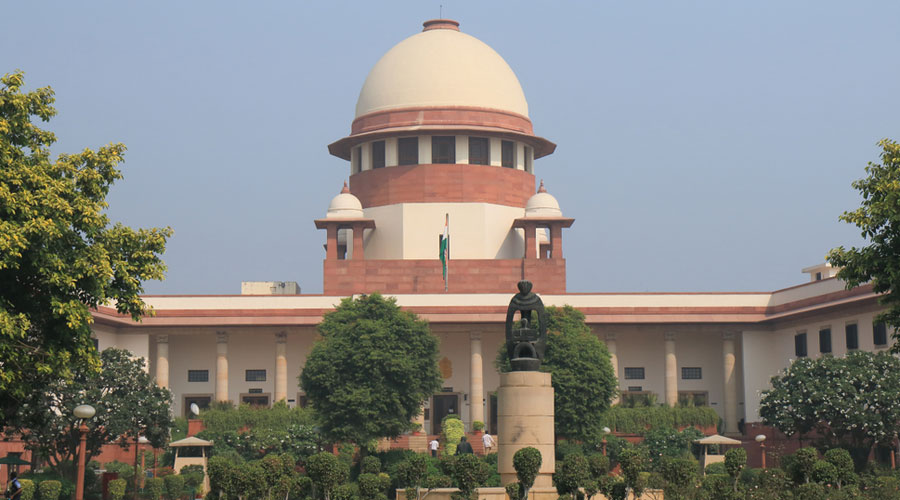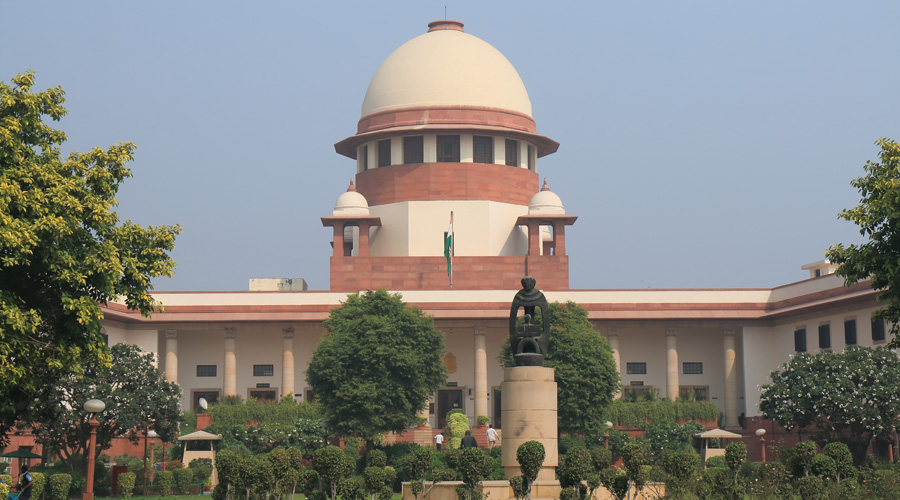The Supreme Court on Tuesday admitted the pleas seeking 'Talaq-e-Hasan' and all other forms of "unilateral extrajudicial divorce" to be declared unconstitutional.
'Talaq-e-Hasan' is a form of divorce among Muslims by which a man can dissolve the marriage by pronouncing the word 'talaq' once every month over a three-month period.
A three-judge bench headed by Justices S K Kaul asked the Centre, National Commission for Women, National Human Rights Commission and others to file their responses within four weeks.
"Counsel for the private respondent (husband) has entered appearance and seeks to affirm that he is not agreeable to settlement even on issue of further alimony. List in the third week of January for final hearing," the bench, also comprising Justices Abhay S Oka and Vikram Nath, said.
The apex court was hearing three separate petitions, including the one filed by Ghaziabad resident Benazeer Heena, who claimed to be victims of unilateral extrajudicial Talaq-e-Hasan.
They have also sought a direction to the Centre to frame the guidelines for gender and religion-neutral and uniform grounds of divorce and procedure for all citizens.
The top court had earlier impeached the husbands of the petitioners and sought their response to the pleas filed by them.
When the hearing commenced today, the lawyer appearing for Benazeer's husband informed the court that no settlement was possible in the dispute with his wife.
The bench then asked the parties to file their responses and said it will hear the case in the third week of January, 2023.
The top court had in August said its primary focus is to provide relief to two women, who claimed to be victims of Talaq-e-Hasan, before deciding the constitutional validity of this form of divorce.
Under Talaq-e-Hasan, a divorce gets formalised after the third utterance of the word 'talaq' in the third month if cohabitation has not resumed during this period. However, if cohabitation resumes after the first or second utterance of talaq, the parties are assumed to have reconciled.












